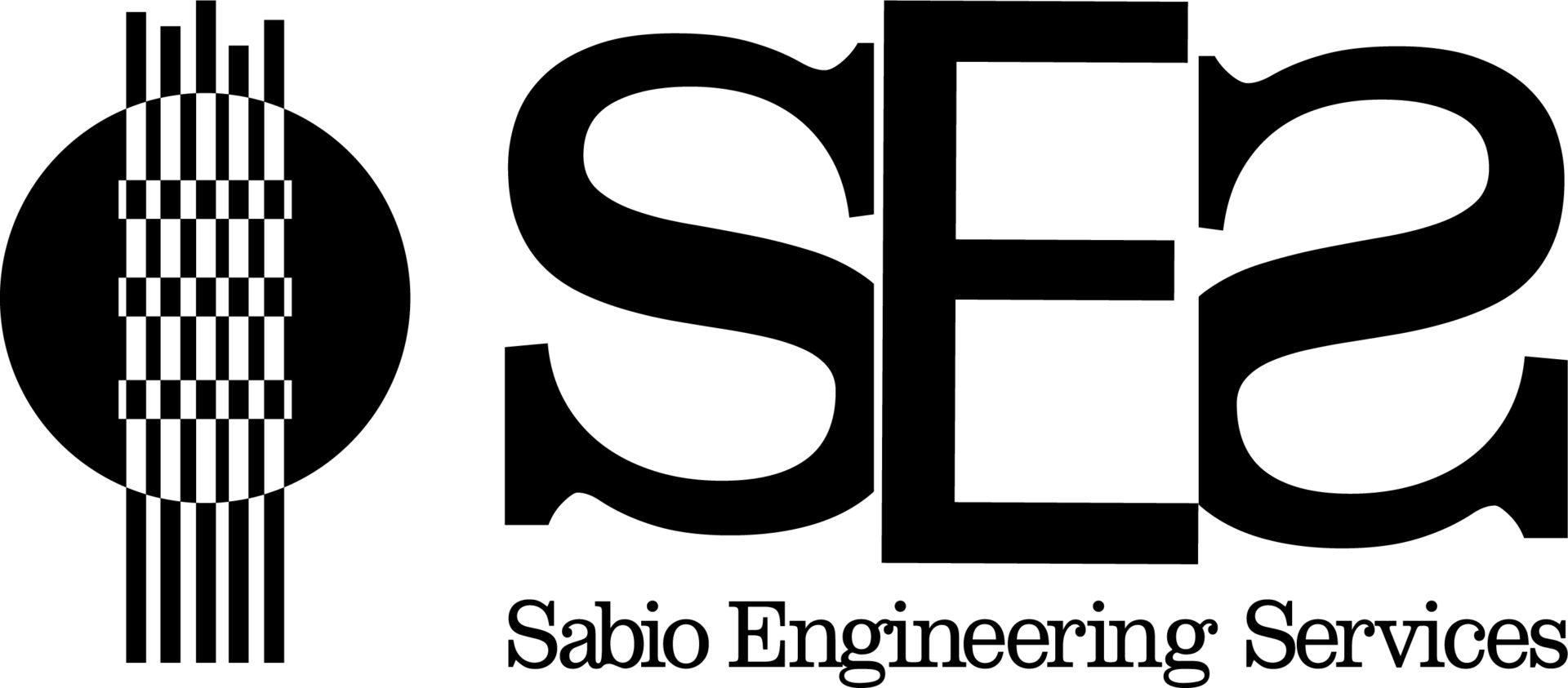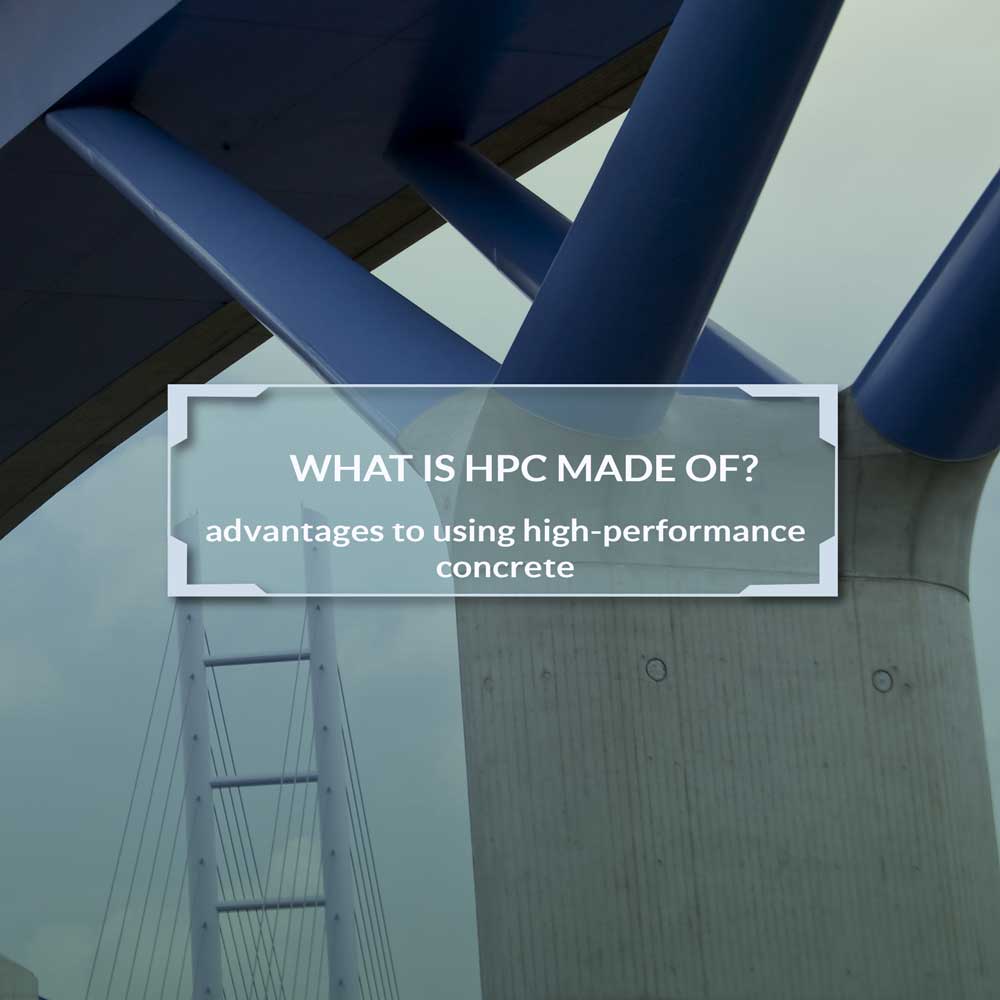Table of Contents
What is it?
High-performance concrete (HPC) is concrete that is designed to be more durable and, if necessary, stronger than conventional concrete. This does not mean that this form of concrete is constructed with a better mixture. It actually means that the proportions are designed, and engineered, to provide better strength /durability for the specific requirements of the project.
High-performance concrete has been used in developed countries and until the last decade, HPC only meant high strength concrete. However, experience has shown that apart from strength, there are other equally important criteria such as durability, practicality, and toughness.
What is HPC made of?
This type of concrete typically consists of one or more cementitious materials such as fly ash, silica fume, or ground granular blast furnace slag, usually a Super-plasticizer. Super-plasticizers are also known as high-range water reducers that are additive, used in making high strength concrete.
The use of certain mineral and chemical admixtures, such as silica fume and Super-plasticizer greatly enhances strength, durability, and practical properties. Admixtures are materials other than cement, water and concrete added to batches before mixing or during mixing to modify the properties of ordinary concrete. Essentially, this is to make the concrete more suitable for the essential condition.
What are the advantages of HPC?
There are many advantages to using high-performance concrete, but here are a few:
- Due to the tight and refined pore structure of the cement paste, it has very low porosity
- It has a very low permeability of concrete
- High resistance to chemical attack
- Low heat of hydration
- High early strength and continued strength development
- Low water binder ratio
- Low bleeding and plastic shrinkage
What are some of the disadvantages?
Although high-performance concrete has many advantages, it has a few disadvantages. The disadvantages of HPC are:
- HPC has extended quality control
- HPC has a high cost
- It is a special constituent (meaning it cannot be used for large spans)
- Manufacturing and placement must be meticulous
Conclusion
High-performance concrete is an excellent addition to any structural project as it possesses many benefits. However, it is imperative to consult a structural engineer when considering it. Not only is this concrete desirable for its various durability, strength, and resistive properties, but it can also be expensive. Therefore, carefully planning and discussing this project portion with a structural engineer is necessary.
Does high-performance concrete sound appealing to you and your project? Do you not know how to assess whether HPC would be beneficial for your project? If so, contact Sabio Engineering Services! Our engineers are trained and licensed in various forms of concrete, including high-performance concrete!
Contact us at (929) 381-0030 or visit our website.


